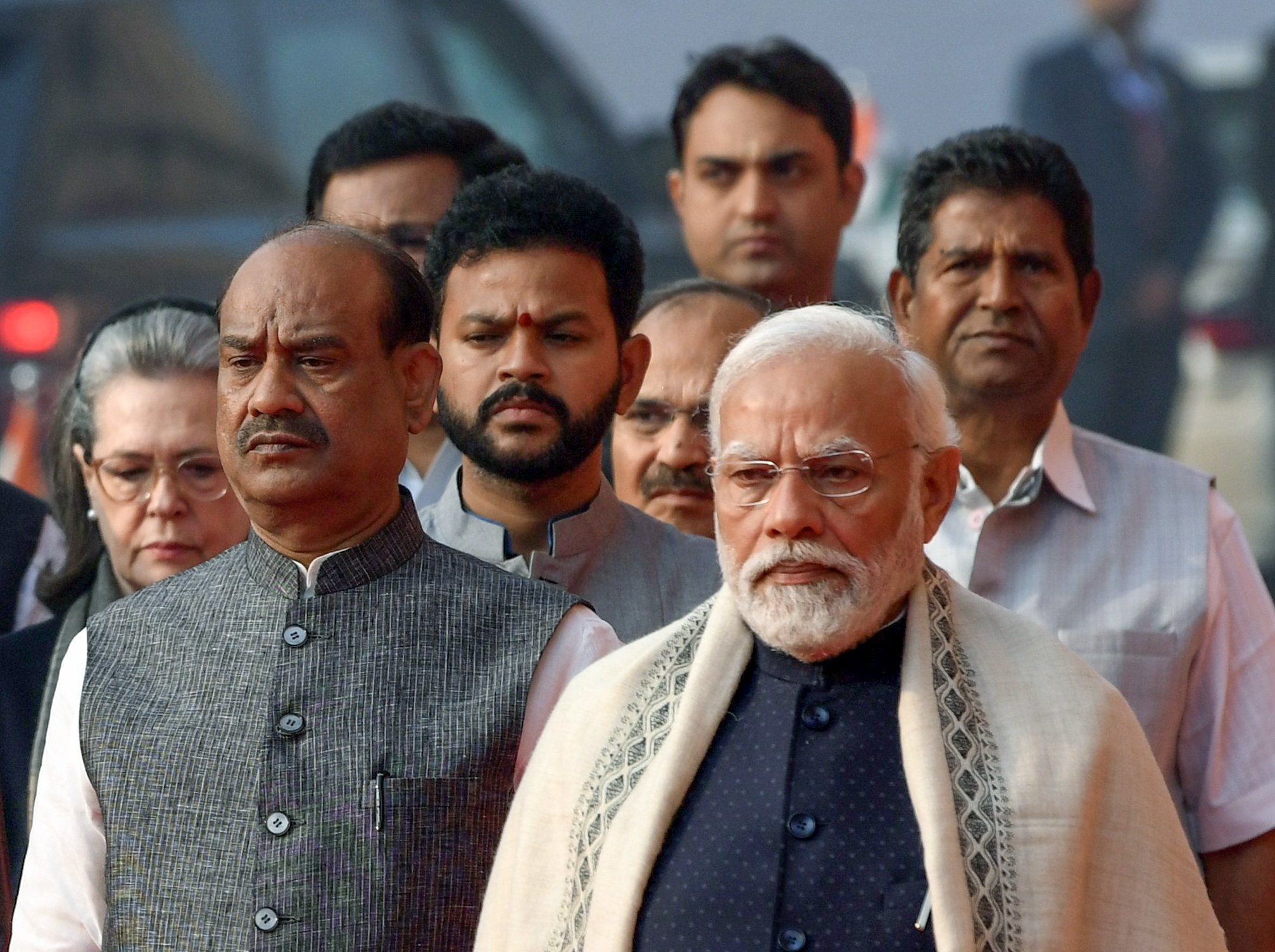The memo, which India says is not real, did not direct consular officials to carry out assassinations, but it does show the government of Narendra Modi was urging “concrete measures” be taken by officials “to hold the suspects accountable.” It also includes a list of Sikh dissidents under investigation – and Canadian activist Hardeep Singh Nijjar is on it.
He was gunned down outside his gurdwara, a Sikh place of worship, in Surrey, British Columbia, on June 18.
The memo instructs officials at its consulates to cooperate with Indian intelligence agencies to act against Sikh activists. A US indictment unsealed last month linked murder plots in both Canada and the United States to an unnamed Indian government official.
Prime Minister Justin Trudeau said in September that Canadian intelligence officials suspected India was behind Nijjar’s murder, prompting furious denials from Modi’s government. On Tuesday, Trudeau said that he decided to publicly reveal Canada’s suspicions “to put a chill” on relations between the two countries after India failed to cooperate. Canada "needed a further level of deterrence, perhaps of saying publicly and loudly that we know, or we have credible reasons to believe, that the Indian government was behind this,” he explained.
In response to Trudeau’s September allegation, India angrily expelled 41 Canadian diplomats, but after the Americans unsealed the indictment linking India to the murder plots, India announced it would investigate the matter. FBI director Christopher Wray is in India this week to try to take “a step towards deepening cooperation.”
The Americans are said to be hoping that India will renounce the practice of carrying out assassinations in friendly countries.
